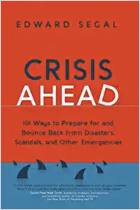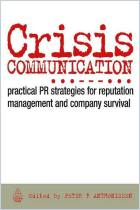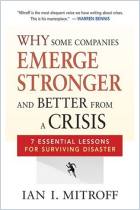Únase a getAbstract para acceder al resumen.

Únase a getAbstract para acceder al resumen.
Laurence Barton
Crisis Leadership Now
A Real-World Guide to Preparing for Threats, Disaster, Sabotage, and Scandal
McGraw-Hill, 2007
¿De qué se trata?
In our dangerous world, a disaster can strike at any time, from bank failures to bombings. Is your organization prepared?
Recommendation
Managing an organization is an awesome challenge during the best of times, but far harder in the worst of times. Every process and problem becomes infinitely more difficult when a disaster strikes, be it an act of terrorism, an industrial emergency, fire, flood, earthquake, hurricane, corporate crime, scandal, epidemic, mass murder – you name it. Alas, the old saw that anything that can go wrong will go wrong is often true. Is your organization prepared? Studying this book by crisis expert Laurence Barton is a good way to get ready. He details practical, time-tested responses to disasters of all types. Most crises arrive without warning, so solid preparation is vital, and denial will get you nowhere fast. If you are a CEO, a communications professional or a senior executive, getAbstract advocates reading this very practical book – before the deluge.
Summary
About the Author
Laurence Barton, Ph.D., is a crisis management expert who has handled more than 1,200 crisis incidents worldwide. He is a management professor at The American College, Bryn Mawr, Pa.


















Comment on this summary